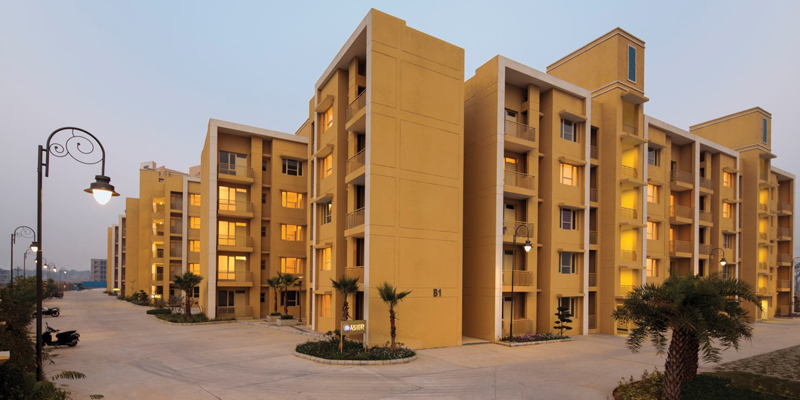Inflation, fluctuating foreign exchange rates, rising interest rates, and ongoing housing shortages have all been recognized by Nigerian housing experts as major factors contributing to the country’s unrelenting real estate price boom.
At a real estate roundtable series sponsored by Bamigbola Consulting/BC Academy in Lagos with the theme “Real Estate Pricing in Nigeria: Causes and Effects of Price Hikes,” experts emphasized these factors and cautioned that the situation has not only caused construction costs to skyrocket but has also exacerbated contract disputes and raised financial risk among stakeholders.
Jide Adekola, the CEO of Home Work Development Company Limited, spoke at the occasion and bemoaned how the high rate of inflation has put developers in a tough situation, particularly when it comes to building materials.
Materials account for roughly 70% of a developer’s expenses, according to Adekola.
“The supplier requests that you return the N60 million you paid for reinforcement today because the price has increased by an additional N1 million the next day. A project might be totally derailed by this uncertainty, particularly when it comes to materials like cement and reinforcement that are crucial in the early phases of the project.
Read Also: Onanuga: Tinubu Being Criticized Because He’s a Southerner
Developers are frequently forced to renegotiate agreements with buyers, particularly those who have paid a significant amount of the property’s initial cost, he noted.
In one instance, someone paid 70% of an N400 million house, and we had to explain that the remaining 30% could no longer support the remaining amount because of the state of the market. Although this causes conflict, inflation and currency fluctuations are now accepted as causes of unavoidable delays in project contracts, according to Adekola.
In order to protect projects from unexpected price shocks, he advised stakeholders and financial institutions to collaborate with developers to buy essential supplies in bulk ahead of time.
Speaking at the event as well, Dapo Olaiya, Principal Partner of Dapo Olaiya Consulting, pointed out that many homebuyers are rushing to conclude transactions due to the market’s rapid swings, fearing more hikes.
“A typical two-bedroom apartment in the same neighborhood now costs N6 million, up from N3 million in January 2025. “This is what people are experiencing, not theory,” Olaiya said.
He asserts that wider economic volatility is a major factor in Nigerian real estate prices. Inflation has become a major disruptor, as evidenced by the steep rise in labor expenses in high-demand sectors like the Lekki corridor and the ballooning cost of cement, which has increased from N4,000 to almost N11,000. Recipes for Nigerian food
Urban migration and insecurity are also factors. People are moving to comparatively safer cities like Lagos and Abuja due to kidnappings and rural violence, which causes a supply-demand imbalance and raises prices, he said.
Instead of demanding complete refunds, he advised real estate players to deliberately moderate subscriber expectations and urged buyers to be amenable to renegotiation in light of economic realities.



